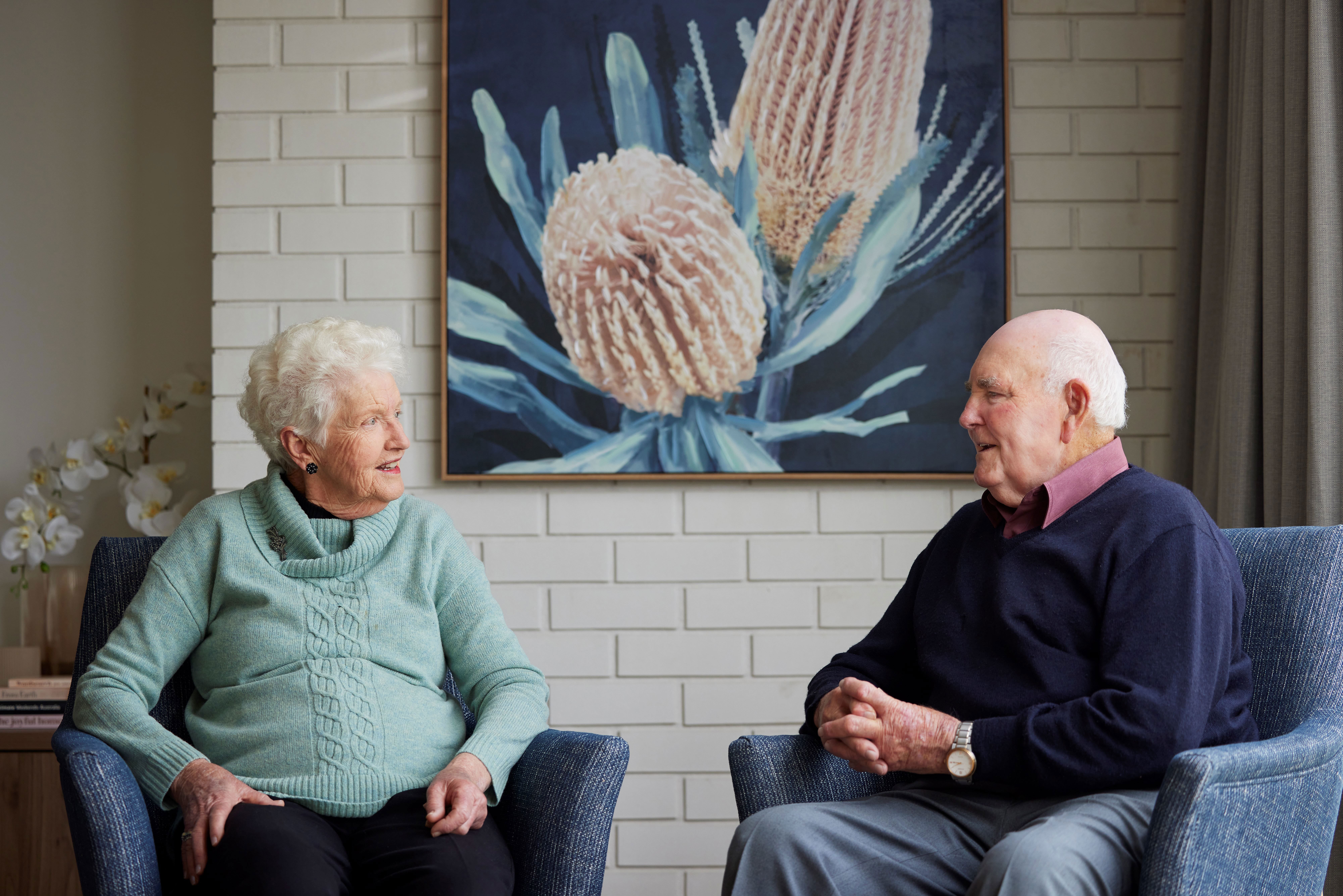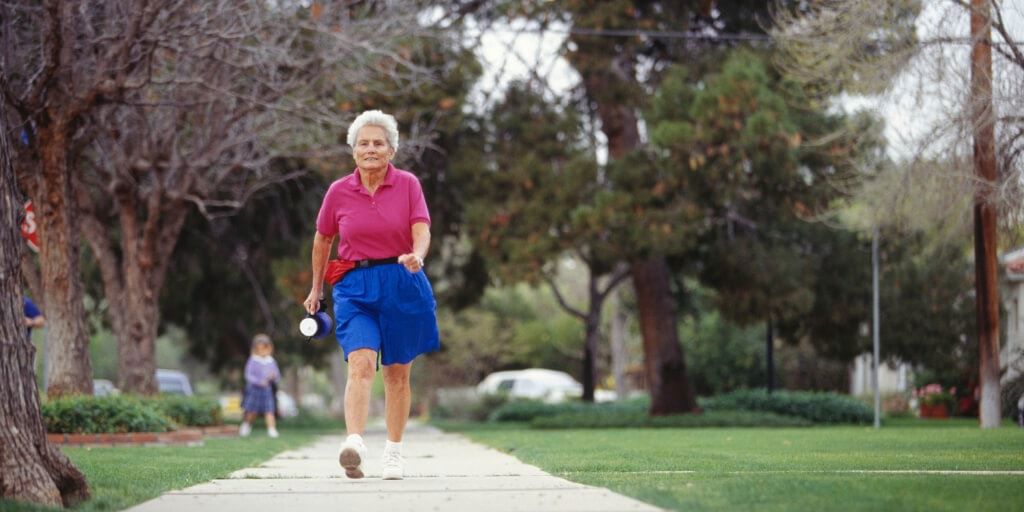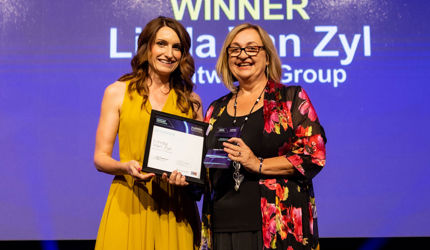
Carers are very good at looking after other people. Often, they’re not very good at looking after themselves. This is especially true when the time comes to find an aged care facility for the older person they care for. The process is often accompanied with a lot of guilt, grief, and confusion.
The same applies to older people looking for aged care facilities for their own care. If you’re consumed with a search for residential aged care, here are tips to ensure your emotional wellbeing is being looked after.
Accept that planning for aged care is normal
Brightwater Senior Social Worker Amanda Wallace suggests the first thing to keep in mind is planning for aged care is a completely normal thing to do. If you are making decisions for your own future, or you’re searching for a place for an older loved one, the need for care is a natural stage of life.
“It’s okay to talk about it,” Amanda said.
“We make forward plans throughout our lives. They might not all come to fruition, but it doesn’t stop us.
“As we reach the end of our life, it’s normal to make those end-of-life plans.”
Get your sleep
Most adults need eight hours of sleep a day. Older adults can find this challenging because they tend to sleep for less time and not as deeply. Regardless, people who are older need the same amount of sleep as they did as young adults. Limit caffeine and alcohol to improve your sleep.
Eat well
As we get older, we tend to be less active, so we need fewer kilojoules. To stay healthy, we still need similar amounts of healthy food to get the nutrients we need. That means older people need to make every kilojoule count. The Australian Guide to Healthy Eating recommends eating a variety of food every day from five groups:
- Meat, fish and seafood, eggs, poultry, nuts and legumes
- Milk, yoghurt, cheese, custard and ice cream – older people require an increase in these foods to maintain bone health
- Bread, grains, cereals, rice, pasta and noodles
- Vegetables
- Fruit.

Exercise
Even a slight increase in activity can improve your wellbeing and reduce stress. The Australian Department of Health and Aged Care recommends older people get 30 minutes of moderate activity on most days. This can include:
- Walking
- Swimming
- Golf
- Aerobics or water aerobics
- Cycling
- Yard and garden work
- Tennis
- Mopping and vacuuming.
Take time for yourself
It’s important to schedule time to relax. Maintain your social connections with friends and family. Keep up with social activities and accept invitations. The search for a residential aged care facility can feel all-consuming but there are things you can do to unwind:
- Read a book
- Listen to an audiobook
- Put on your calming music
- Stream your favourite TV show
- Meet with a friend
- Take a class
- Join a book club
- Take a bath
- Have your hair done or go to the barber
- Get a foot massage.
Connect with your spiritual side
Prayer, meditation, yoga, or counselling with your clergy can be a good way to relieve stress. If you’re part of a congregation or religious community, attending regular services can recharge your emotional batteries.
Ask for help
Regardless of how well you care for yourself, you shouldn’t be ashamed of asking for help when you need it. Amanda recommends the Carer Gateway as a good resource for carers and older people who are feeling overwhelmed. The online community forum provides a safe, anonymous space for carers to support each other.
Maintain perspective
End-of-life planning can be sobering, but it doesn’t have to be grim. Making self-care a priority helps protect your emotional wellbeing when you’re considering the next chapter of life.
“People feel guilty. They’re often torn, especially family carers who maybe still have children who are depending on them,” Amanda said.
“I tell people it’s okay to laugh; it can relieve some of that tension and stress.
“Some of the things older people say or do can be quite amusing. You’re not laughing at them; you’ll probably be laughing with them.”



